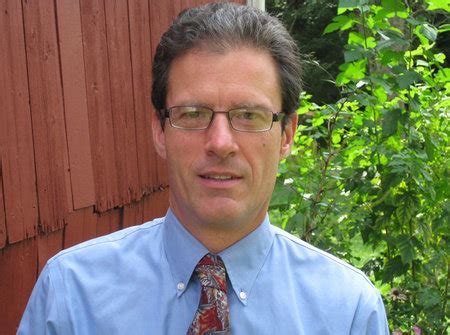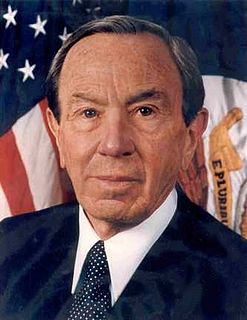A Quote by Samantha Power
The U.S. government engages with many countries around the world in official dialogues on human rights.
Quote Topics
Related Quotes
The way we need to view aid is as a fulfillment of rights, and Mexico, as other countries around the world, have agreed and signed the Universal Declaration of Human Rights and the covenants of Human Rights and that includes the right to food, the right to water, the right to housing and the right to education.
We hear from time to time about horrible human rights atrocities happening around the globe. Our government claims that it stands in favor of human rights, and our leaders are in the news demanding consequences for other countries that are abusing their populations. But there is a huge denial about how widespread and common these kinds of atrocities are in the United States, and that we are not nearly as different from other countries as we would like to believe we are.
I think all Americans believe in human rights. And health is an often overlooked aspect of basic human rights. And it's one that's easily corrected. The reason I say that is that many of the diseases that we treat around the world, I knew when I was a child. My mother was a registered nurse. And they no longer exist in our country.
So what's the difference between republican and democratic forms of government? John Adams captured the essence of the difference when he said, 'You have rights antecedent to all earthly governments; rights that cannot be repealed or restrained by human laws; rights derived from the Great Legislator of the Universe.' Nothing in our Constitution suggests that government is a grantor of rights. Instead, government is a protector of rights.
More than 180 countries around the world have ratified CEDAW, some with reservations. While the United States signed the treaty in 1981, it is one of the few countries that have not yet ratified it. As a global leader for human rights and equality, I believe our country should adopt this resolution and ratify the CEDAW treaty.
I believe we should try to move away from the vocabulary and attitudes which shape the stereotyping of developed and developing country approaches to human rights issues. We are collective custodians of universal human rights standards, and any sense that we fall into camps of "accuser" and "accused" is absolutely corrosive of our joint purposes. The reality is that no group of countries has any grounds for complacency about its own human rights performance and no group of countries does itself justice by automatically slipping into the "victim" mode.
I've heard the government say many nice things. But it did make some gestures, like writing human rights protection into the constitution - that surprised me. And it improved the conditions for foreign journalists: It used to be impossible for you to meet with me personally. But there still hasn't been a real improvement in the human rights situation.
When the United States stands up for human rights, by example at home and by effort abroad, we align ourselves with men and women around the world who struggle for the right to speak their minds, to choose their leaders, and to be treated with dignity and respect. We also strengthen our security and well being, because the abuse of human rights can feed many of the global dangers that we confront - from armed conflict and humanitarian crises, to corruption and the spread of ideologies that promote hatred and violence.


































